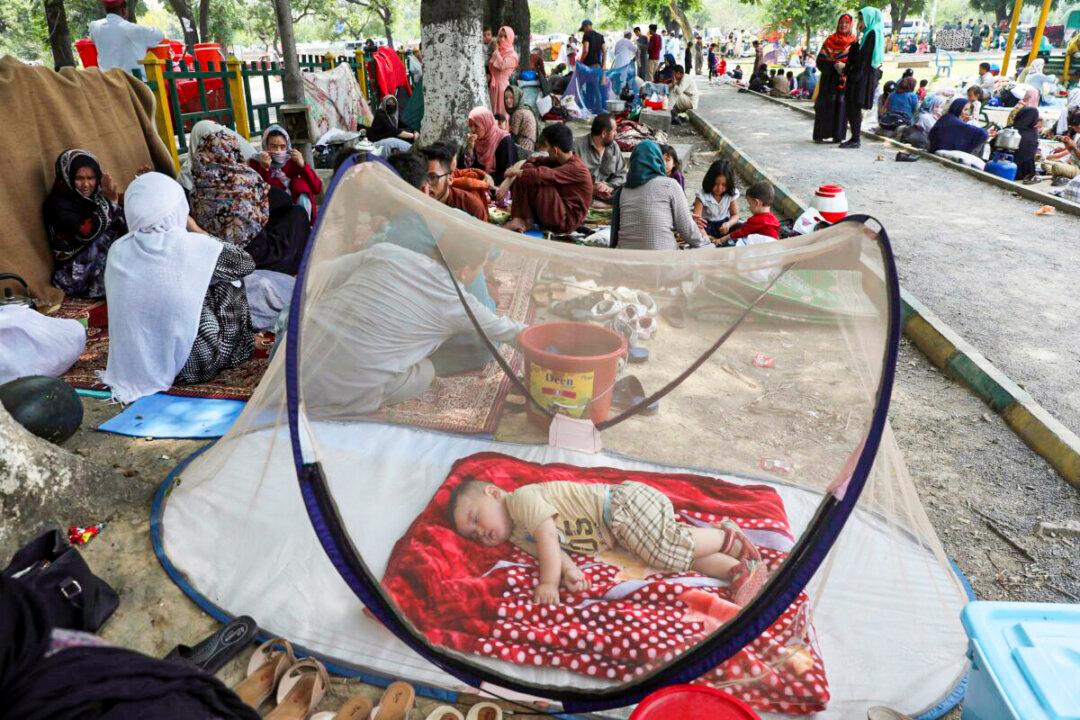BERLIN—The number of people forced to flee conflict, violence, human rights violations, and persecution has crossed the milestone of 100 million for the first time on record, propelled by the war in Ukraine and other deadly conflicts, The U.N. refugee agency said Monday.
“One hundred million is a stark figure—sobering and alarming in equal measure,“ said UN High Commissioner for Refugees Filippo Grandi. ”It’s a record that should never have been set.





